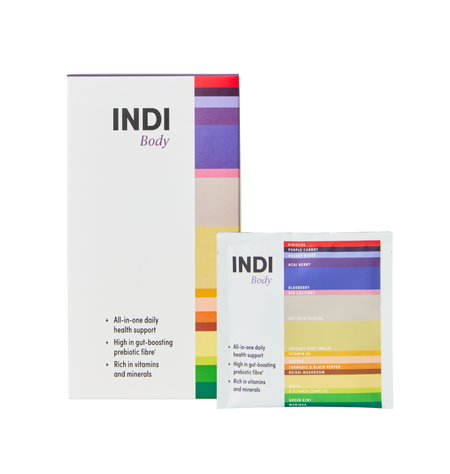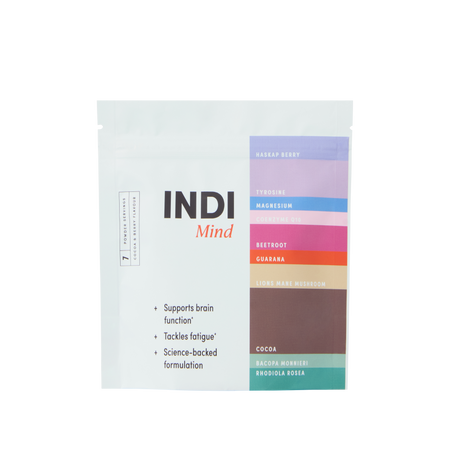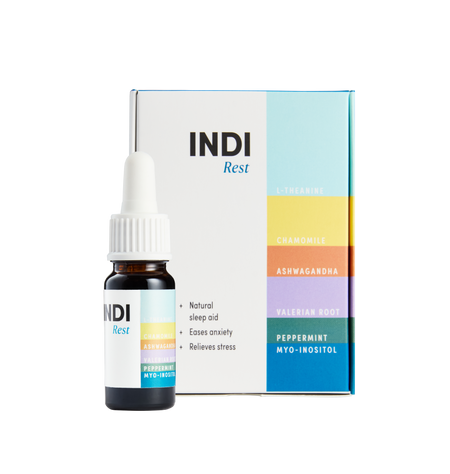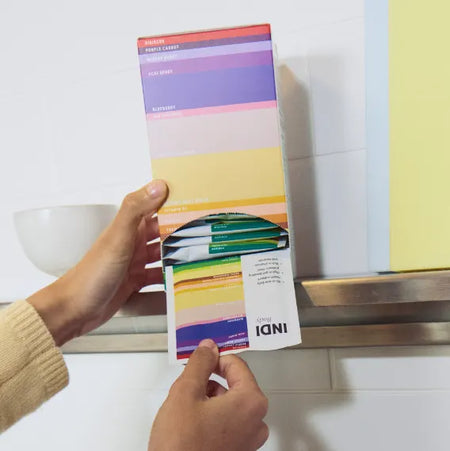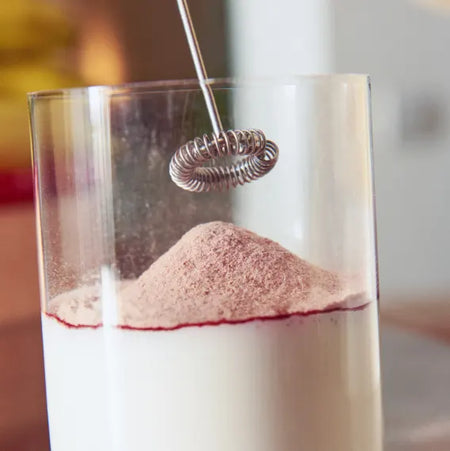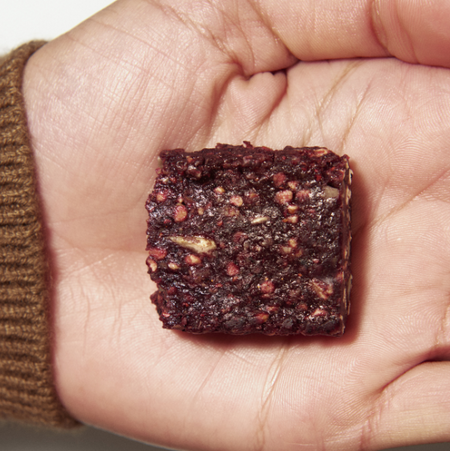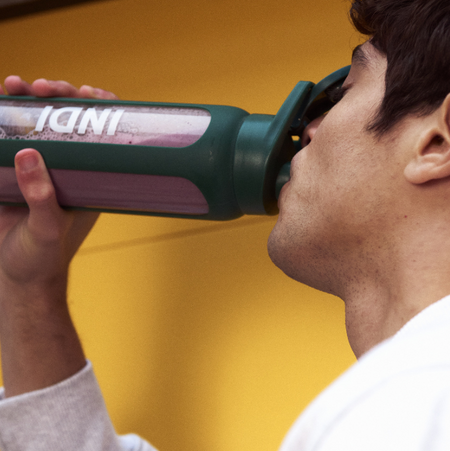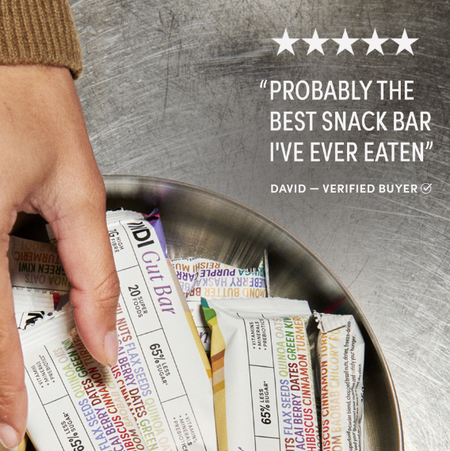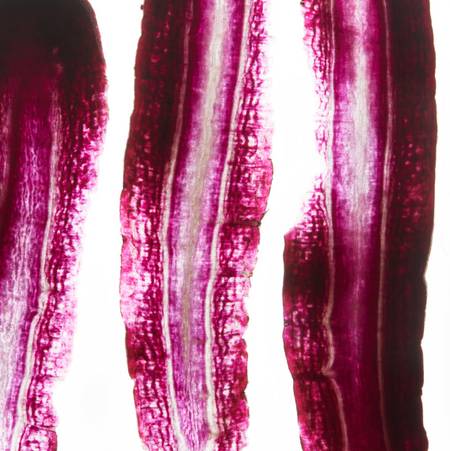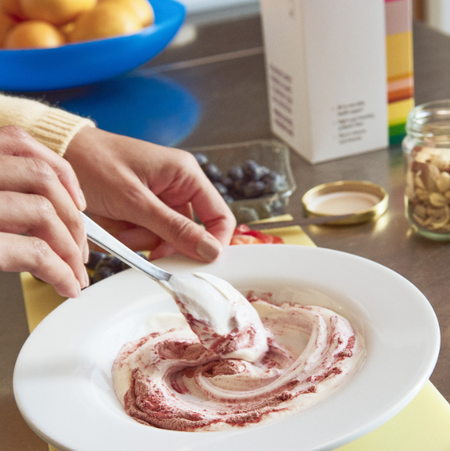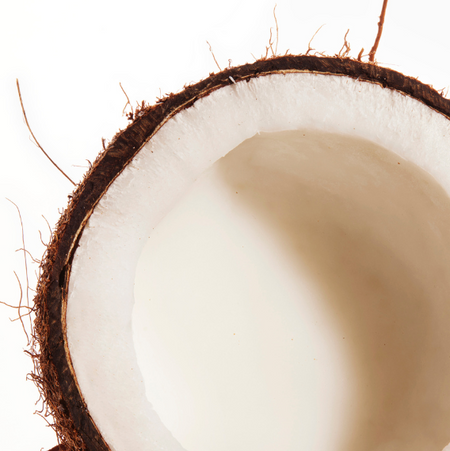7 easy ways to eat more sustainably
The climate crisis has made many of us reflect on our individual impact on the planet. And whether you’ve watched Cowspiracy or not, you probably know that what we eat can negatively affect the environment. Globally, up to 40% of food produced goes to waste—and that waste contributes to roughly 10% of all greenhouse gas emissions. The good news?
There are simple, effective, and even fun ways to make your meals more eco-friendly. Not only can these tips help lower your environmental footprint and improve your health, they can also save you money.
1. FRESHEN UP YOUR GREENS
Store herbs and leafy vegetables with a damp cloth or pop a piece of kitchen roll in your salad bag to keep them fresh for up to a week, instead of just a couple of days.
2. GET CREATIVE WITH SCRAPS
Soft carrots, cauliflower leaves, broccoli stalks, leek tops, herb ends—and even sprouty potatoes (just remove the sprouts!)—can all be turned into a nutrient-dense, flavoursome veggie stock or mineral broth. Check out nutritional therapist Farzanah Nasser’s go-to recipe for making the most out of your veggie leftovers.
3. PICK THE WONKY ONES
Supermarkets tend to stock ‘perfect’-looking fruit and vegetables—it’s a little thing called supply and demand. But there’s nothing wrong with wonky-looking fruit and veg; they're just as tasty and nutritious. Choosing them helps keep perfectly good food out of landfill.
4. LOVE YOUR FREEZER
Buying frozen produce means you’re less likely to toss mouldy raspberries or wilted spinach in the bin. Not only does it last longer and is often more cost-effective, but frozen fruit and veg are just as nutritious—sometimes even more so—than fresh, since they’re picked at peak ripeness and frozen to lock in nutrients.
5. TURN OLD BREAD INTO CROUTONS
Before you toss that stale loaf, try drizzling it with olive oil, a pinch of salt and pepper, and popping it in the oven. You’ll get crunchy, golden croutons, perfect for topping salads and soups.
6. PLAN YOUR MEALS
We know we sound like your mum, but hear us out—this doesn’t have to be boring. Having a rough idea of what your main meals will be each day helps you stay mindful when shopping and reduces the chances of unused food ending up in the bin.
7. SKIP THE PEELER
Most fruit and veg don’t actually need peeling, just rinse them thoroughly. The skin is where many of the beneficial nutrients and fibres live. This saves on waste too! We’re talking about kiwis, potatoes, sweet potatoes, courgettes, cucumbers…
